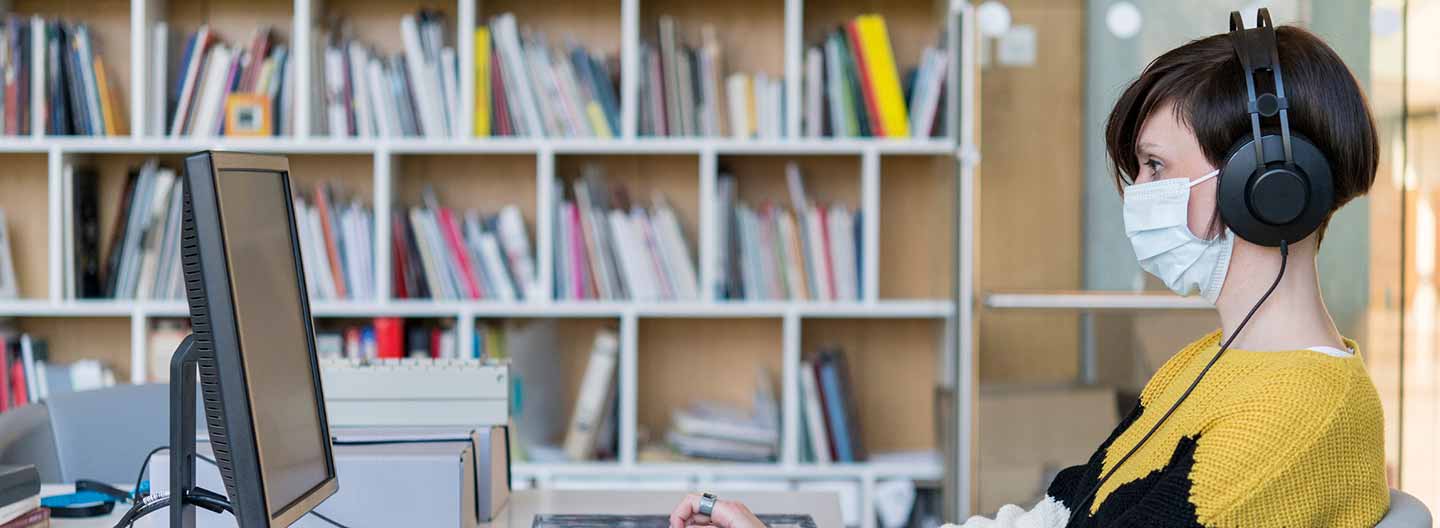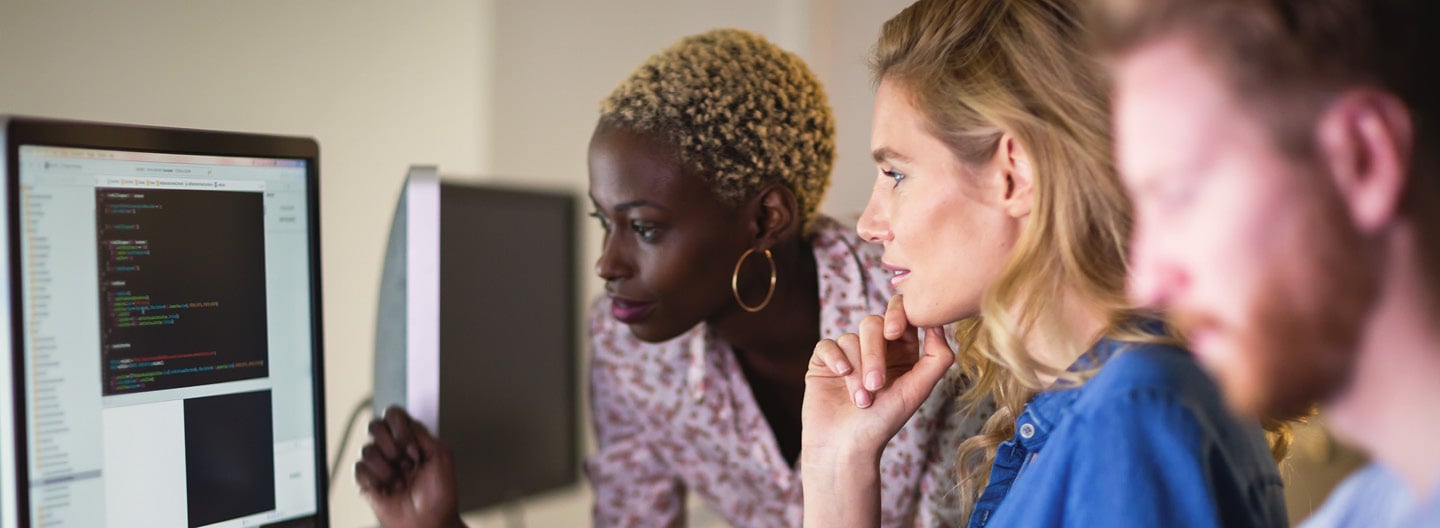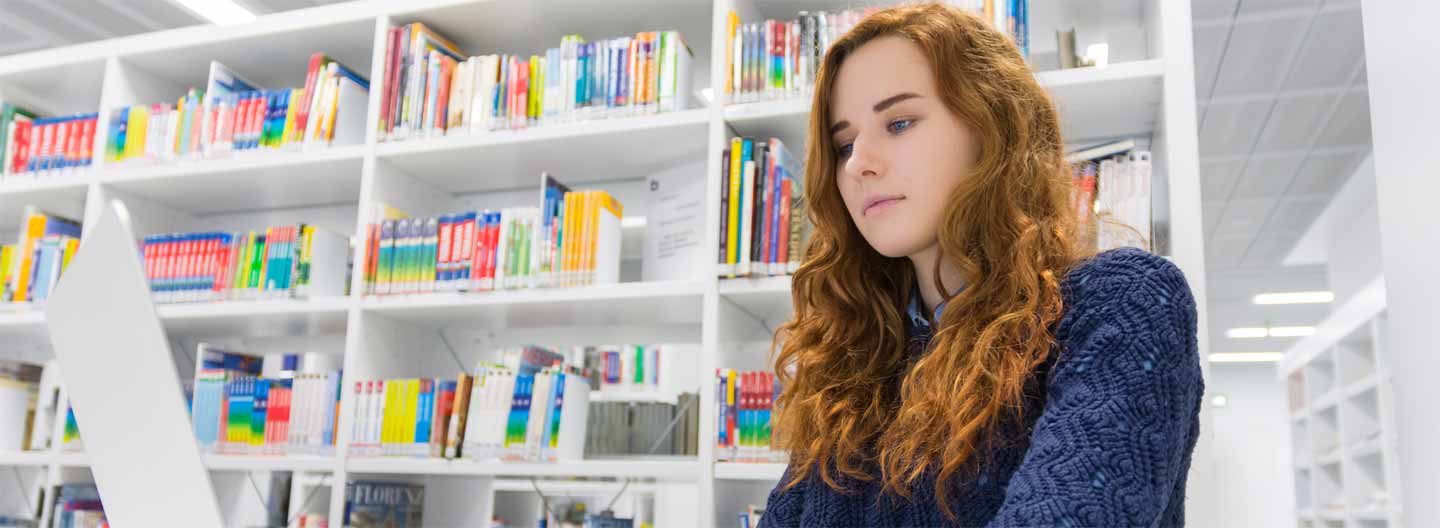This month we humbly offer a nice recap of the entire ALA 2019 Conference, news on some new ALA intellectual freedom resources, hitting the alarm about how big publishers are choking off access to digital content for libraries, the top 10 books written by librarians, social services case management Oklahoma style, and the quest by two enterprising fellows to visit and rank every public library In Massachusetts and beyond! We hope you enjoy our completely random batch of Newsbytes this time around!
Recap of the ALA 2019 Conference
If you didn't get a chance to join the 21,400 or so attendees at this year's ALA 2019 conference, which took place in late June in Washington D.C., American Libraries magazine did a nice recap. They cover lots of sessions about social services in libraries, like serving homeless patrons and dealing with opioid overdoses. They also talk about some controversial sessions like confronting white nationalism in libraries and serving immigrant and refugee populations. On the tech side, they talk about the session on the best new tech for readers with blindness, visual impairments, and physical disabilities. What they didn't mention was the demonstration at the event against the CIA recruitment booth at the conference.
New ALA Intellectual Freedom Resources
While we're on the subject of controversies in libraryland — in response to program cancellations and rising concerns about social media access and privacy, the ALA Intellectual Freedom Committee (IFC) published new guidelines and a Q&A for library workers.
Social Media Guidelines for Public and Academic Libraries provides a policy framework for public and academic libraries that use social media. Topics range from staff responsibilities and acceptable behavior to privacy and reconsideration forms.
The IFC also published Responding to and Preparing for Controversial Programs and Speakers Q&A, which offers strategies and resources for libraries to address community concerns and prepare for potentially controversial library-initiated events. They also publish a separate list of intellectual freedom resources.
A Grim Future for E-Books and Audiobooks in Libraries?
Sari Feldman writes in Publishers Weekly that on the cusp of retiring after her 42-year career in public libraries, she wanted to go out with something warm and sentimental. Instead, she is hitting the alarm about how big publishers like Macmillan, Hachette Book Group, and Simon & Schuster are choking off access to digital content in public libraries. She asks us get active with #eContentForLibraries to do something about this.
Top 10 Books Written by Librarians
AbeBooks put together a list of some wonderful books written by librarians. Who knew that Madeleine L'Engle, Philip Larkin, Anne Tyler, and Angus Wilson were all librarian writers?
Social Services Case Management Oklahoma Style
Fox News in Tulsa reports that Deborah Hunter of Central Library in Tulsa, Oklahoma, will tell you in a heartbeat that she loves what she does. She's a case manager with the library. Every day, she meets with as many as five new clients, whom she sees for as many as two hours to help. Hunter helps people who come to her find the jobs, housing, and assistance they need.
"All state and federal agencies are paperless now, so this is a huge roadblock for many people who don't use computers or have never used computers, who have literacy issues," Hunter said. "So it's very difficult for the people who actually need the services to access them."
The Quest to Visit Every Public Library in Massachusetts
WBUR Boston Public Radio reports that Adam Zand and Greg Peverill-Conti, co-founders of Sharp Orange Public Relations and the Library Land Project, are on a mission to visit, rank, and evaluate the services of every library in Massachusetts and, actually, several other states. They got going on the project because they often work in libraries. Some of the 11 criteria they look out for are
- Parking and convenient access to transportation
- Wi-Fi
- Friendliness when they walk in
- Architectural elements
- Natural light
- Accessible bathrooms
They publish their reviews and rankings of the libraries they visit on the Library Land Project website.






